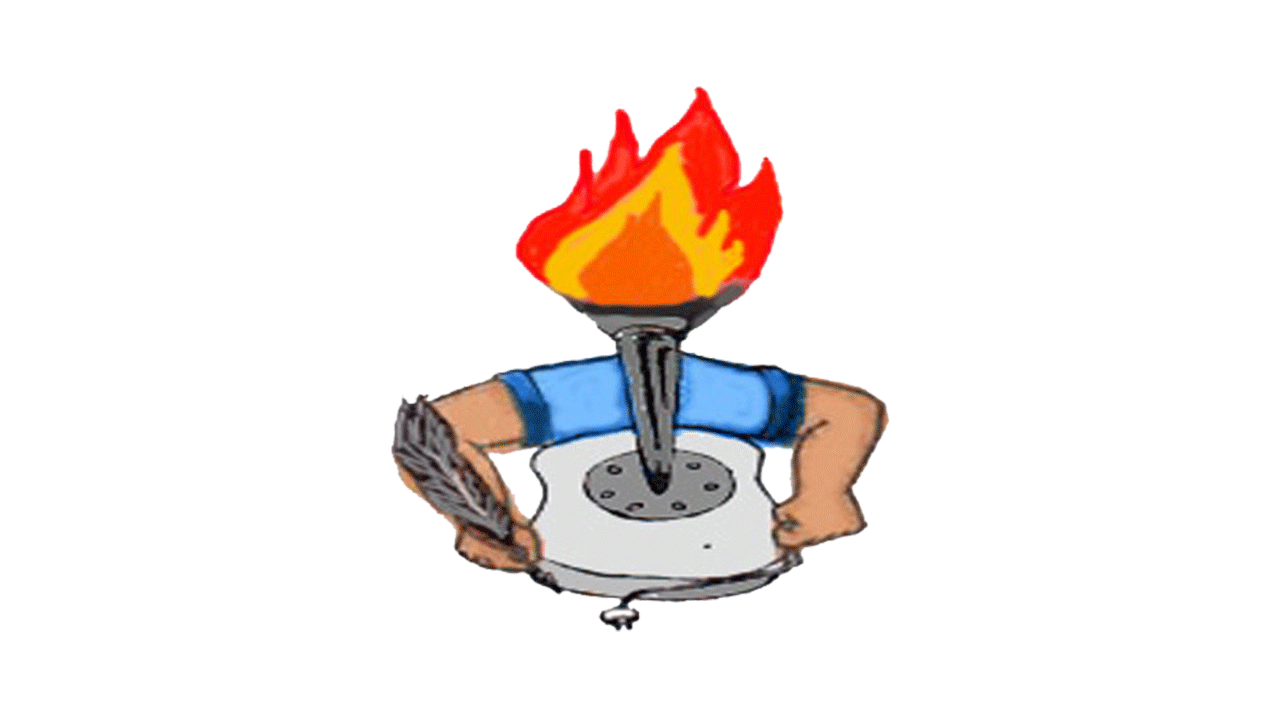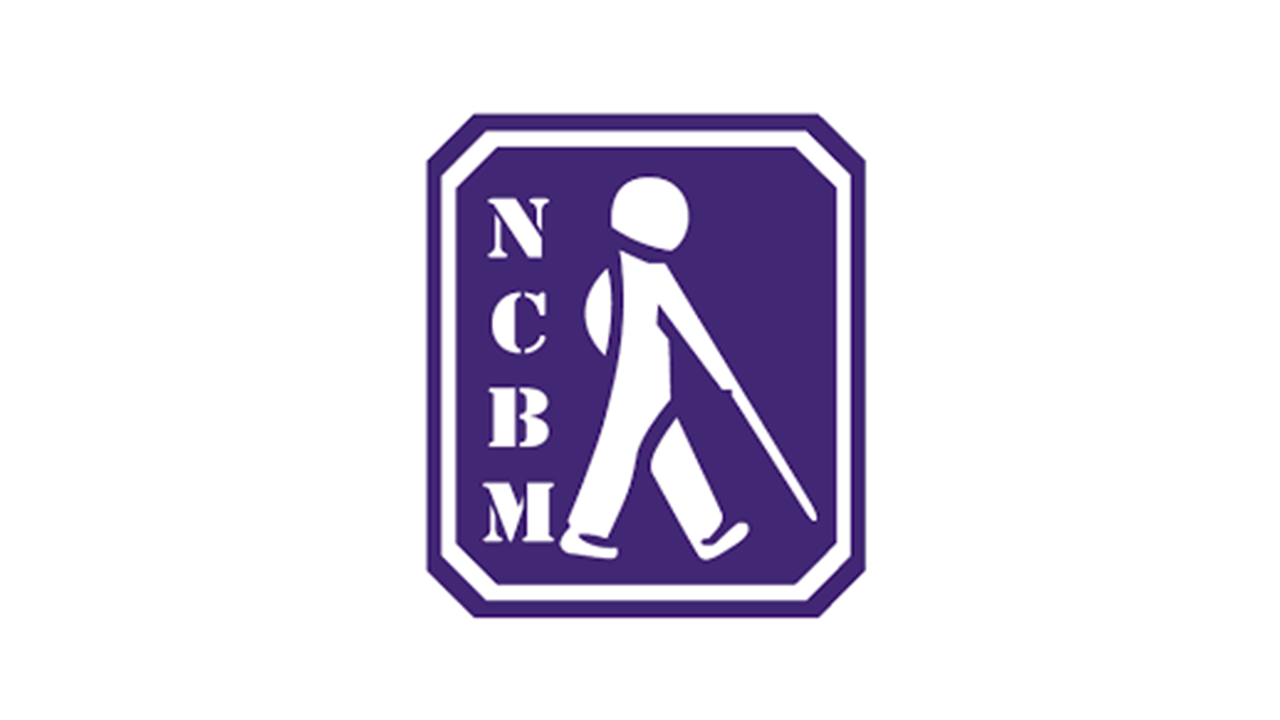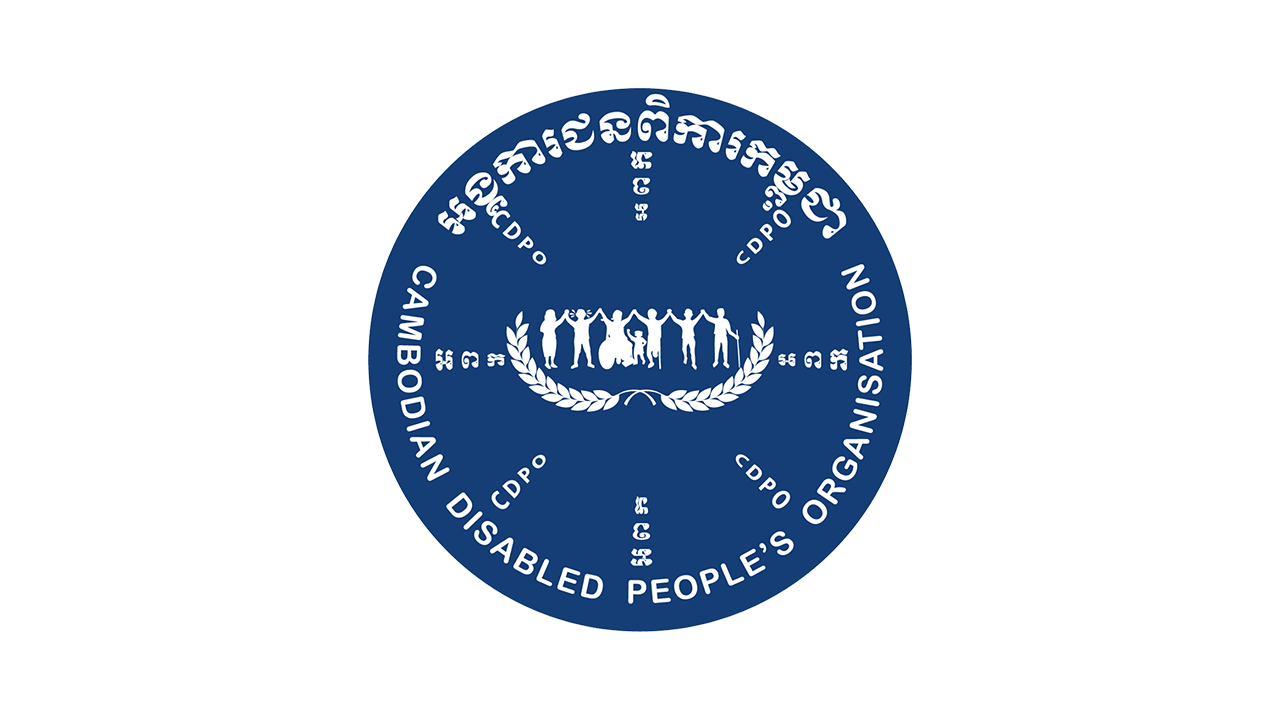Discrimination that he faced since a young age does not make Ngin Saorath hopeless to live his life as a person with disability. It even motivated him to fight for the disability rights in his country, Cambodia. He hopes that persons with disability (PwDs) can live as equal to other people without disability. Now he dedicates his life as the Executive Director of Cambodia Disabled People Organization (CDPO).
Ngin Saorath got polio when he was 3 years old that left him disabled. His disability impacted all aspects of his life. When he was about to start school, almost all school buildings in his country did not provide access for PwDs. Often, he had to take the stairs four floors up to attend a class, but it did not make Saorath despaired. He kept going to school to get more education until he finally finished high school.
After high school, his condition again became a big barrier for him to achieve his goals. He actually really wanted to become an English teacher or to be a lawyer, but he could not find any university who wanted to accept him as student. For seven years, Saorath had to stay home and depended on his family to stay alive. He did not give up and kept trying with all of his efforts.
In 1997, Saorath finally joined a disability organization called the National Center for Disabled Person. This organization had a workshop that markets products made by PwDs. He worked there as a shop supervisor. This was the beginning of his involvement in the disability movement. He again tried to continue his study to become an English teacher and finally got an undergraduate degree after several years. After that he continued his study to gain a master degree.
In 2001, he began to engage actively in CDPO as the Government Board Member. Later in 2005 Saorath was asked to become the Executive Director of CDPO. He accepted the position and he still holds until present time. As Executive Director, Saorath is actively working with Cambodian government in the drafting of laws and policies for PwDs in Cambodia. CDPO also actively urges the Cambodian government to ratify the Convention on the Rights of Persons with Disabilities. Saorath also successfully expanded CDPO. Currently CDPO has 34 staffs who are working professionally and 92% of them are PwDs.
From his long experience being involved in disability movement in Cambodia, Saorath fully understands about the challenges and the difficulties faced by PwDs in their daily life in Cambodia. Actually, Cambodia has laws which guarantee the protection of the rights of persons with disability, such as the quota system for employment, guaranteed access to education and pension, and other policies. But they have not been well implemented yet. As a result, there are still many PwDs who live in poverty, with income less than 1 dollar per day, have low education, and with minimum access to information.

Saorath said that education for PwDs in his country is still a very important issue, particularly for those who live in rural area. Government policy guarantees the rights of PwDs to education, but it does not include the obligation to make school buildings accessible for PwDs, and also it does not say anything about the obligation for schools to give training to teachers so they can work with children with special needs. The issue of education stands out more in rural areas than in big cities. In big city, PwDs have better access to education because there are scholarships offered by the government, disabled people organization and others, whereas in rural areas scholarship offers are not as many.
Saorath also highlighted the difficulties of PwDs to get jobs after they graduate. There are still many visually impaired persons who could not get jobs even after they got their degrees. However, Saorath acknowledges that there are some progresses for PwDs in Cambodia.
Life as a person with disability has taught Saorath to never give up. A life with disability does not mean a life without hope. Persons with disabilities need to show their strength and ability to the world in addition to willingness to open their minds and learn from other people to be successful.
Ngin Saorath was interviewed by Mahretta Maha










